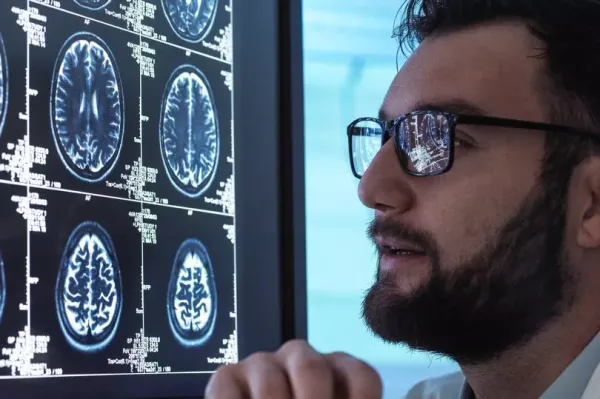
A doctor has revealed the "earliest" sign of dementia and Alzheimer'sdisease. He describes it as a "clear and telling" symptom of the cognitive conditions. Dementiais a syndrome (a group of related symptoms) characterised by an ongoing decline in brain function, with numerous causes and types.
According to the NHS, people often get confused about the difference between Alzheimer's disease and dementia. Alzheimer's disease is a type of dementia. Dr Stephen Cabral, a Neuropathy expert and host of The Cabral Concept podcast, shared one particular sign that could suggest dementia. He also highlighted another symptom to be aware of.
The video was titled: "The earliest sign of Alzheimer's and Dementia is getting lost more easily... This is the most clear and telling sign that somebody later in life is developing one of these cognitive diseases."
In the brief video, Dr Cabral explained: "The earliest sign of dementia and Alzheimer's that truly is an indicator, not the mis-recalling of memories or words or names, but it's actually the number one is getting lost more easily. If you're younger and stressed, you forget where you put your keys, you forget someone's name, you forget the next thing that you were supposed to do? Not uncommon.
"What would be uncommon even when you're younger is to say, 'I don't know where I am right now. I'm lost.' That's a different story than not being able to recall something."
The doctor also revealed a secondary warning sign that could point to dementia. He described it as '1B', meaning it is just secondary to the first symptom. He added: "And a 1B that they gave, let's say that's the 1A, a 1B would say that they're no longer able to park straight.
"So if you're with a parent or grandparent, with a loved one, and they're not able to. Maybe they couldn't parallel park before, but they're not able to pull into a spot and straight, that can be an early sign of dementia and Alzheimer's."
 Signs of dementia
Signs of dementia
The NHS states that dementia symptoms may include difficulties with:
Those living with dementia can show less interest in their regular activities, and might struggle to control their behaviour or emotions. They may also find social interactions challenging and show reduced interest in maintaining relationships and socialising. Their personality might shift, and they may demonstrate less empathy (understanding and compassion).
Early signs of Alzheimer'sDuring the initial stages, the primary symptom of Alzheimer's disease is lapses in memory. The NHS notes thatsomeone in the early stages of Alzheimer's disease may:
There are often signs of mood changes, such as increasing anxiety or agitation, or periods of confusion.